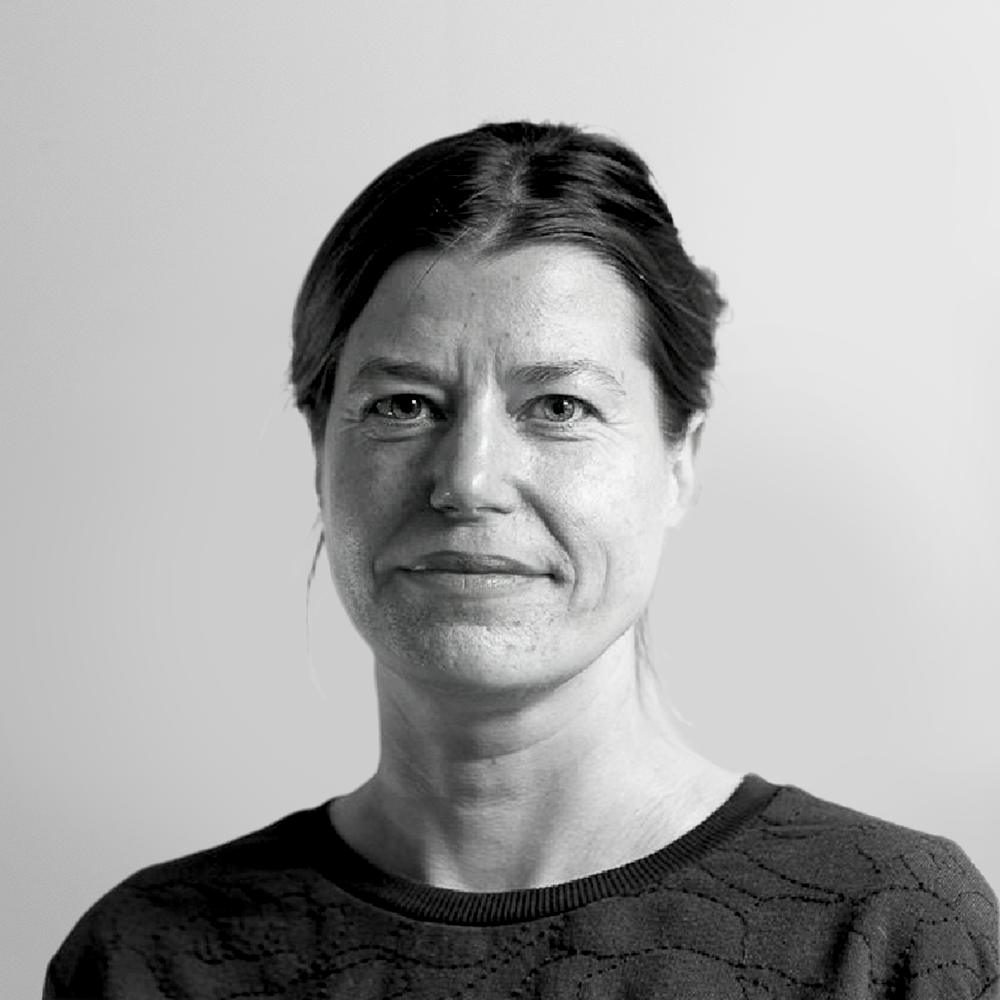The loneliness epidemic: over 1 in 5 people worldwide often feel lonely
Almost everyone has experienced loneliness. Gallup's latest research reveals 23% of people worldwide felt lonely 'a lot of the day yesterday.' And people who are lonely are more likely to experience sadness (+36%), worry (+31%), stress (+30%) and anger (+26%). Beyond heightened negative emotions, 20% are more likely to feel physical pain.
Loneliness is a global concern, affecting all ages. Rates vary, from 6% in Vietnam to 45% in Comoros, but the emotion is pervasive. In 22 countries, the number of adults who feel lonely is over 30%, with countries in Africa showing the highest percentages. In many places, those aged 50+ are 10% more likely to experience loneliness than younger groups. In the US and China, however, it's those aged 15-29 who feel loneliest.
Gallup notes that in some countries, loneliness might not be as widespread as it seems because "individuals answering this question in these countries may be affirming they spent periods of their day physically, rather than emotionally, alone." That conflation might not only apply to the highest loneliness rates, but also to the lowest, for people who rarely find themselves physically alone.
Caveats about outliers aside, the middle range of 1-in-5 people feeling emotionally lonely is more than enough to warrant action. As entities with societal presence and influence, brands can help mitigate involuntary solitude by acting as guides, helping people connect online and offline. Two examples? Hinge's One More Hour funds organizations that host inclusive, diverse and low-cost IRL events. Online, retro-style social app NoPlace connects users around shared interests and quickly topped the Apple App Store charts after launching.




